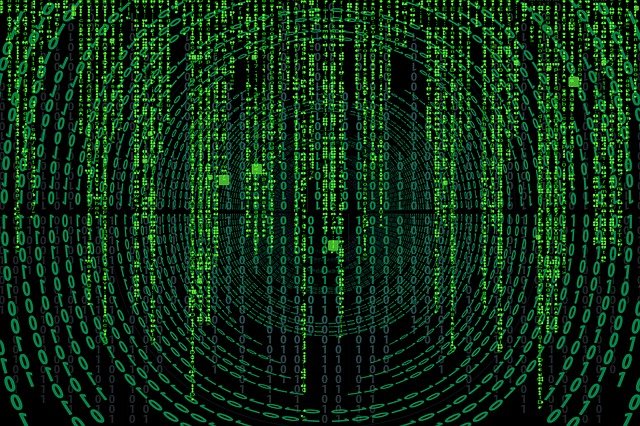Coincidentally, attackers andcyber hackerstend to be one step ahead of those who try to fight back. They use ever-evolving methods and malicious code to obtain the data they care about. Not to mention the user\’s money.
According to experts working on the issue, the current generation of malicious code and attacks has been called the fifth generation of threats. Attackers have progressed from simply sending infected e-mails or e-mails containing Trojan horses(programs that install themselves on computers, collect data such as passwords, and send it back to the attacker). More recently, multiple malicious programs can be combined at the same time.
Attacks against individuals are also becoming more imaginative. In addition to attacking individual computers that users are already trying to protect with antivirus and other means, attackers are targeting devices that go unnoticed in the user\’s subconscious and are therefore insufficiently protected. For example,routers. Here, attackers can record all communications with the Internet world, but most people are completely unaware of this. Therefore, when acquiring such a device, you should be more careful to check how such routers are protected and thus make it harder for attackers to have the opportunity to get to you.
There are Ten Commandments of Internet Security:
– Update both your operating system and firewall regularly
– Check and update your anti-virus capabilities
– E-mails from unknown parties Similarly, do not click on links in emails from unknown senders
– When entering a password anywhere, check that the site is secure (the site address begins with httpsand the “s” stands for secure, the web address is secure, the site name is secure, the site is secure, the site is secure, etc.) secure, or there is a key iconin the bar of the web address name )
– Enter sensitive information on sites you know and have reviewed
– Do not enter sensitive information (passwords, credit card numbers, etc.) into email
– Do not enter sensitive information (passwords, credit card numbers, etc.) into email passwords, credit card numbers, etc.) into email.
– Do not disable computer firewalls
– Do not log into Internet banking or similar sensitive sites in public Internet cafes
– Do not connect to unencrypted wireless networks
.
